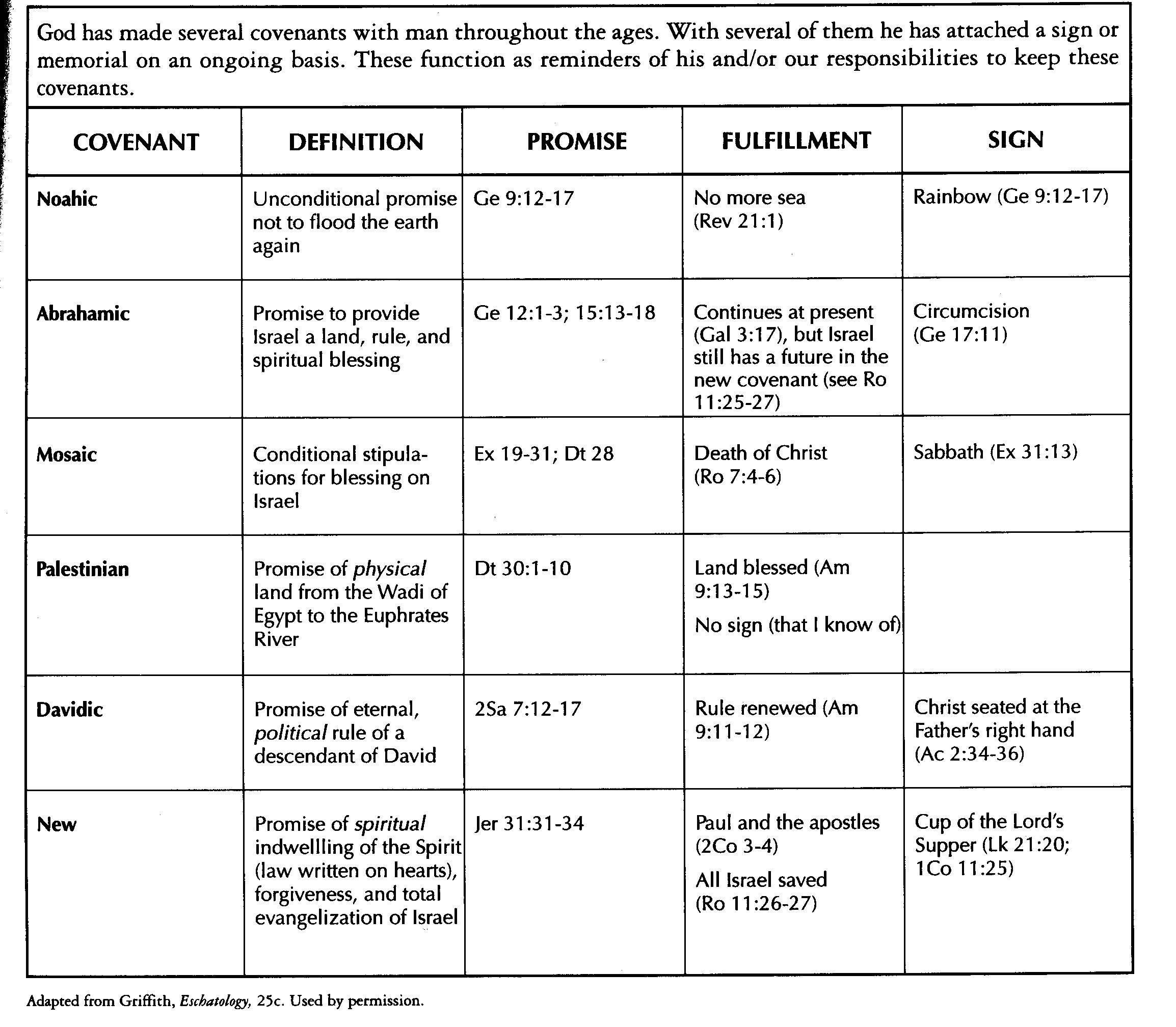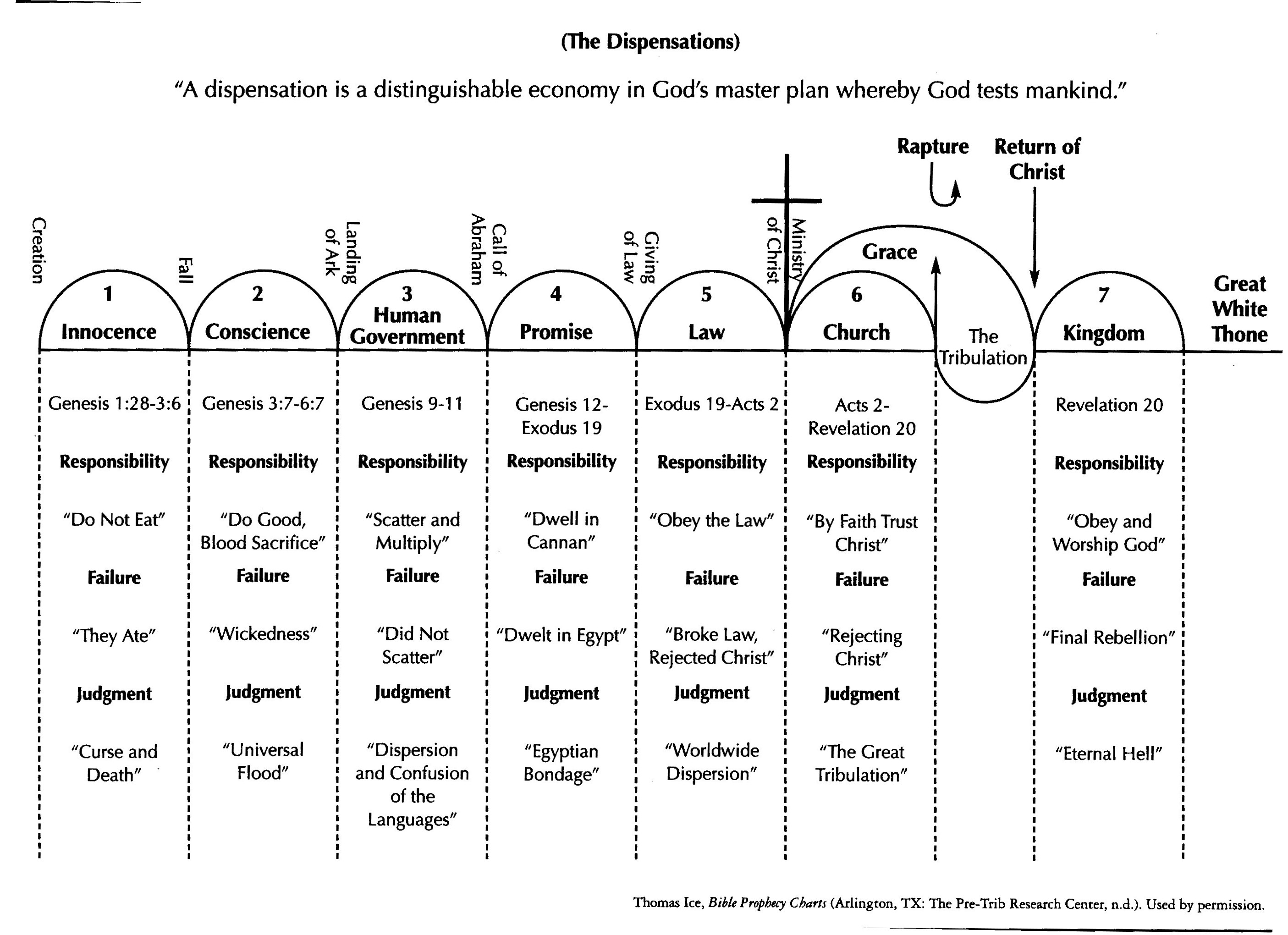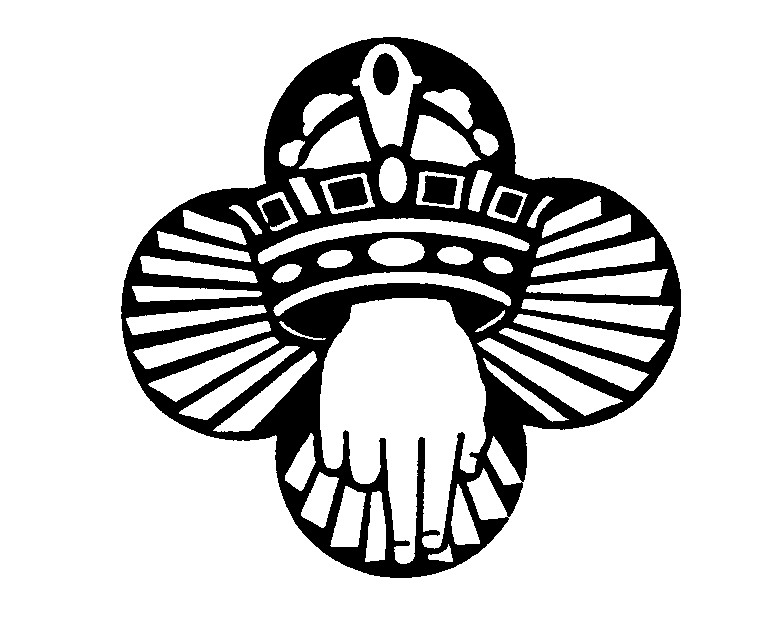
Alex Tang
Articles
- General
- Theology
- Paul
- Karl Barth
- Spiritual Formation
- Christian Education
- Spiritual Direction
- Spirituality
- Worship
- Church
- Parenting
- Medical
- Bioethics
- Books Reviews
- Videos
- Audios
- PhD dissertation
Spiritual writing
- e-Reflections
- Devotions
- The Abba Ah Beng Chronicles
- Bible Lands
- Conversations with my granddaughter
- Conversations with my grandson
- Poems
- Prayers
Nurturing/ Teaching Courses
- Sermons
- Beginning Christian Life Studies
- The Apostles' Creed
- Child Health and Nutrition
- Biomedical Ethics
- Spiritual Direction
- Spiritual Formation
- Spiritual formation communities
- Retreats
Engaging Culture
- Bioethics
- Glocalisation
- Books and Reading
- A Writing Life
- Star Trek
- Science Fiction
- Comics
- Movies
- Gaming
- Photography
- The End is Near
My Notebook
My blogs
- Spiritual Formation on the Run
- Random Musings from a Doctor's Chair
- Random Sermons from a Doctor's Chair
- Random Writings from a Doctor's Chair
- Random Spirituality from a Doctor's Chair
Books Recommendation
---------------------
Medical Students /Paediatric notes
Apostles' Creed: Chapter 1
1. What is a Creed?
1.1 The Meaning of Creed.
Creeds are simply statement of what an individual or organization believes
about a particular subject or topic. Our English word ‘creed’ comes from the Latin credo,
which means, “I believe”. They often define the most fundamental beliefs that provide
the guiding principles of the individual’s or group’s existence. In Christianity, creeds are
the attempts to summarize in formal statements, the basic or essential beliefs that are
regarded as Truth.
This earliest Christian creed was spoken by Peter at Caesarea Philippi. In response
to Jesus’ question, “But who you think that I am?” Peter inspired by the Holy Spirit replied,
“You are the Christ” (Mark 8:29).
1.2 The Origins of Creeds.
The first creeds of the Christian church are called ecumenical creeds because they were
decided in church councils that represented the entire church before the church were
permanently divided into the Eastern (Orthodox) and western (Roman Catholic) branches
in AD 1054. Creeds are usually produced to formalised beliefs when the church was
threatened by various heresies.
1.3 Creeds to identify and avoid incomplete or inadequate versions of Christianity.
There is a legend that the twelve apostles were the authors of the Apostles’ Creed. They wrote this creed on
the tenth day after Christ’s ascension into heaven, each apostle adding a clause to form the whole
1.3.1 The Apostle’s Creed.
Part of the Apostles’ Creed was first drawn up in the first or second century in
response to a religious movement called Gnosticism. The Gnostics argued
that their tradition was directly from the apostles. They had special knowledge
(the word Gnostic comes from the Greek word gnosis knowledge) which gave
them deeper spiritual revelation. One example was Marcion. Marcion was
a wealthy ship owner from Pontus who was a Gnostic. He believed that t
he God of the Old Testament was an imperfect God. The God of the
New Testament was the good God who created Jesus. To prove his thesis,
Marcion remove portions of the gospels and the epistles. Tertullian
(c.150-c.215), a early Church Father named Marcion as “the Pontic
mouse who nibbled away the gospels.” Marcion was excommunicated
in AD 144. In response to Marcion, the Old Roman Creed was developed:
I believe in God the Father Almighty, Maker of the world, and in his Son Jesus Christ, born of
Mary the Virgin, crucified under Pontius Pilate; the third day he rose again from the dead, received in
the heavens, sitting now at the right hand of the Father, about to come to judge the quick and the dead,
through the resurrection also of the flesh
Irenaeus (c.130-c.200), the bishop of the southern Gallic city of Lyon also
faced a similar challenge from the Gnostics. He formulated a prototype
of the Apostles’ Creed, which emphasise the humanity including the
physical body of Jesus, something, which the Gnostics denied:
1.3.2 The Nicene Creed
The Nicene Creed was written specifically as an answer to the challenge
of a group of Christians called Arians. The Arians were followers
of Bishop Arius who taught that Jesus was a special created being
but not God. Bishop Athanasius was the man who opposed Arius
and stated that if Jesus is not divine, then he could not redeem fallen
humanity. The Council of Nicea (June 325) was convened by
Emperor Constantine to settle the matter of the nature of Jesus.
The Council affirmed the divinity of Christ that He was of “one
substance with the father”.
The Creed of Nicea – 325 A.D.
We believe in one God, the Father All-sovereign, maker of heaven and earth, and of all things
visible and invisible. We believe in one Lord Jesus Christ, and the only-begotten Son of God,
Begotten of the Father before all ages, Light of Light, true God, begotten not made, of one
substance with the Father, through whom all things were made; who for us men and for
our salvation came down from the heavens, and was made flesh of the Holy Spirit and the
Virgin Mary, and became man, and was crucified for us under Pontius Pilate, and suffered
and was buried, and rose again on the third day according to the Scriptures, and descended into
the heavens, and sits on the right hand of the Father, and comes again with glory to judge the living
and dead, of whose kingdom there is no end.
We believe in one holy catholic and apostolic church.
We acknowledge one baptism unto remission of sins.
We look for the resurrection of the dead, and the life of the age to come.
1.4 Creeds are to declare our faith.
Creeds are the way we and the church declare our faith. Luther said that a
Christian should confess the Apostles’ Creed eight times daily! Some churches
recite the Apostles’ Creed during their service, others during Easter and
Baptismal services. One of the unique features of the Apostles’ Creed
is that it is ecumenical. It affirms belief that Christians across all
denominations and traditions can agree. In 1920 the Lambeth Conference
recognise the Apostles’ Creed as one of the four pillars of Christian unity.
In 1927 the World Conference of Faith and Order, meeting at Lausanne,
declared that this creed could be used by all Christians.
1.5 Creeds are based on Scripture.
2. I Believe
To say ‘I believe’ is not just to give intellectual assent to the fundamental doctrines
of the Christian faith and also encompass faith.
2.1 Key Bible Passages
2.1.1 Matthews 9:20, 27-30: Two examples of faith during the ministry of Jesus.
2.1.2 Hebrews 11:1-12:3: A classic passage on what faith is, with examples from t
he Old Testament.
2.1.3 James 2:14-24: A passage that highlights the emptiness of faith without action.
2.2 Faith
2.2.1 Faith means assent. Faith is believing certain things is true.
2.2.2 Faith means trust.
2.2.3 Faith means commitment.
2.2.4 Faith is obedience.
3. God the Father
3.1 The Father Almighty
3.1.1 Key Bible Passages
A. Psalm 105:8-11: Part of a psalm expressing God’s faithfulness in
keeping His promises.
B. Matt. 6:9-13: The prayer addressing God as Father which Jesus taught
His followers.
C. Matt. 7:9-11: Jesus using the analogy of human fatherhood to illustrate
God’s willingness to answer prayer.
D. John 14:5-14: Part of what Jesus taught about His relationship with
God the Father.
E. Romans 8:13-17: The work of the Holy Spirit in making Christians a
ware of their identity as God’s children.
3.1.2 God
A. God is a Creator.
The God of history, the God who is the source of all nations
and the determinator of all destinies, upholding all things
by the word of His power. This is the God we believe in.
He is not a God who set aside the worlds in their place
and then left them there, but a God who is there, ordering,
moving, reigning and working His will through the
generations of history. Why does this God take such an
interest in this tiny planet of ours? The answer is in
Acts 17:26-27: that men might seek after Him and find Him.
B. Covenant making God.
God makes covenants with man to show that He is sincere in
His love for man and is a covenant keeping God.
Signs of the Covenants

C. God’s Master Plan.

The dispensations are periods
of time in human history in which God deals with man. In each dispensation, man
is given a responsibility. With each failure comes judgment. But God never gave
up on man and forgets His covenants and offer man another chance (dispensation).
3.1.3 Father
After establishing the existence of God, the Apostles’ Creed continues by calling God
‘Father’ because Jesus taught His disciples that is how they are to pray. The word
‘Father’ speaks of authority but also of dependability and of personal, individual care.
3.1.4 Almighty
God is not just an ‘ordinary father’. The Apostles’ Creed also stresses that God is
also almighty and as such is beyond our grasp and understanding. The Christian c
hurch always uses three words to describe God.
A. Omnipotence
OMNI=All POTENS=powerful
It means God is all-powerful and can do anything He wants to do.
B. Omnipresence
OMNI=All Presence
God is not limited as we are, by space and time. God does not have size
or spatial dimensions and is present in every point of space and time with
His whole being. Jeremiah wrote, "Am I only a God nearby," declares the LORD,"
and not a God far away?:24 Can anyone hide in secret places so that I cannot see him?"
declares the LORD. "Do not I fill heaven and earth?" declares the LORD. (Jer 23:23,24).
C. Omniscience
Omniscience means ‘all knowing’. Nothing we think or speak or do is secret from
God. Hebrew 4:13: Nothing in all creation is hidden from God's sight. Everything is
uncovered and laid bare before the eyes of him to whom we must give account.
3.2 Maker of Heaven and Earth
3.2.1 Key Bible Passages
A. Genesis 1-2: The Bible’s accounts of creation.
B. Psalms 8, 19,104: Three psalms that focus on God as Creator.
C. Isaiah 40:21-31: Some implications of the fact that God created everything.
D. Romans 1:20: Paul’s explanation of why no one can truly be an atheist.
E. Revelation 4:11: The worship due to the Creator.
It pleased God the Father, Son and Holy Ghost, for the manifestation of the glory of His eternal power, wisdom and goodness,
in the beginning, to create, or to making of nothing, the world, and all things therin, whether visible or invisible, in the space
of six days, and all very good.
The Westminster Confession of Faith
3.3 Symbols of God the Father Almighty

HAND
The primary physical representations of God the Father are a hand and an eye. In early Christian art, the hand of God was shown appearing from a cloud with fingers gesturing a blessing. In Scripture, the hand is used as a symbol for God’s power. The hand is also used as a metaphor for support, security, judgement, vengeance and punishment. The hand of God creates and protects, but if thwarted, it also destroys. The right hand of God is the hand of blessing and the left hand, the hand of cursing.

FIRE
In the Old Testament, fire represents the presence of God in His glory. In the New Testament, fire represents the presence of God in the Holy Spirit. Fire is used as a metaphor for cleansing and spiritual power.

CLOUDS
Clouds represent the presence of God. When God led the Israelites through the desert, he was present to them “in a cloud by day,… and in a pillar of fire by night.” Clouds are also associated with Christ’s ascension and His Second Coming.

WHEEL
The wheel as a symbol is derived from Ezekiel’s vision of the throne of God carried on flaming wheels and Daniel’s similar vision. The wheel was used on early Christian gravestones as a symbol of God and eternity.
Reflection Questions
1. What are some of the names you will give to God? What will be some adjectives you will use
to describe God? Write it down in the space below.
Now calm yourself. Take some time to meditate on the attributes and names of God you have
written down. What does God mean to you? Take some time to pray in worship, adoration and praise.
2. In the sixteenth century, a German theologian, Philip Melancthon coined the word ‘adiaphora’- matters
of indifference. For Melanchthon, the Gospel consists of a central core, centering on the person of Jesus
Christ. This central core is surrounded by a concentric ring, containing doctrines of secondary
importance. Doctrines in the central core is not negotiable, but there could be tolerance within the c
hurch on matters outside.
What do you think are the doctrines that make up of the central core?
What do you think are the doctrines that are of secondary importance and thus negotiable or tolerable?
- The Apostles' Creed
- The Apostles' Creed: Chapter One
- The Apostles' Creed: Chapter Two
- The Apostles' Creed: Chapter Three
- The Apostles' Creed: Chapter Four
- The Apostles' Creed: Study Notes